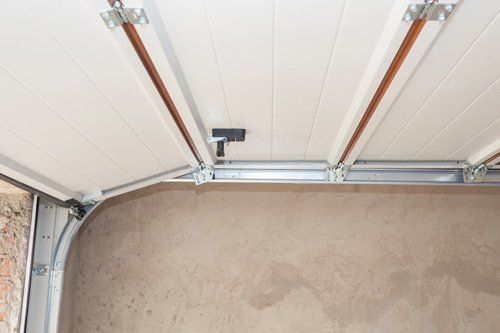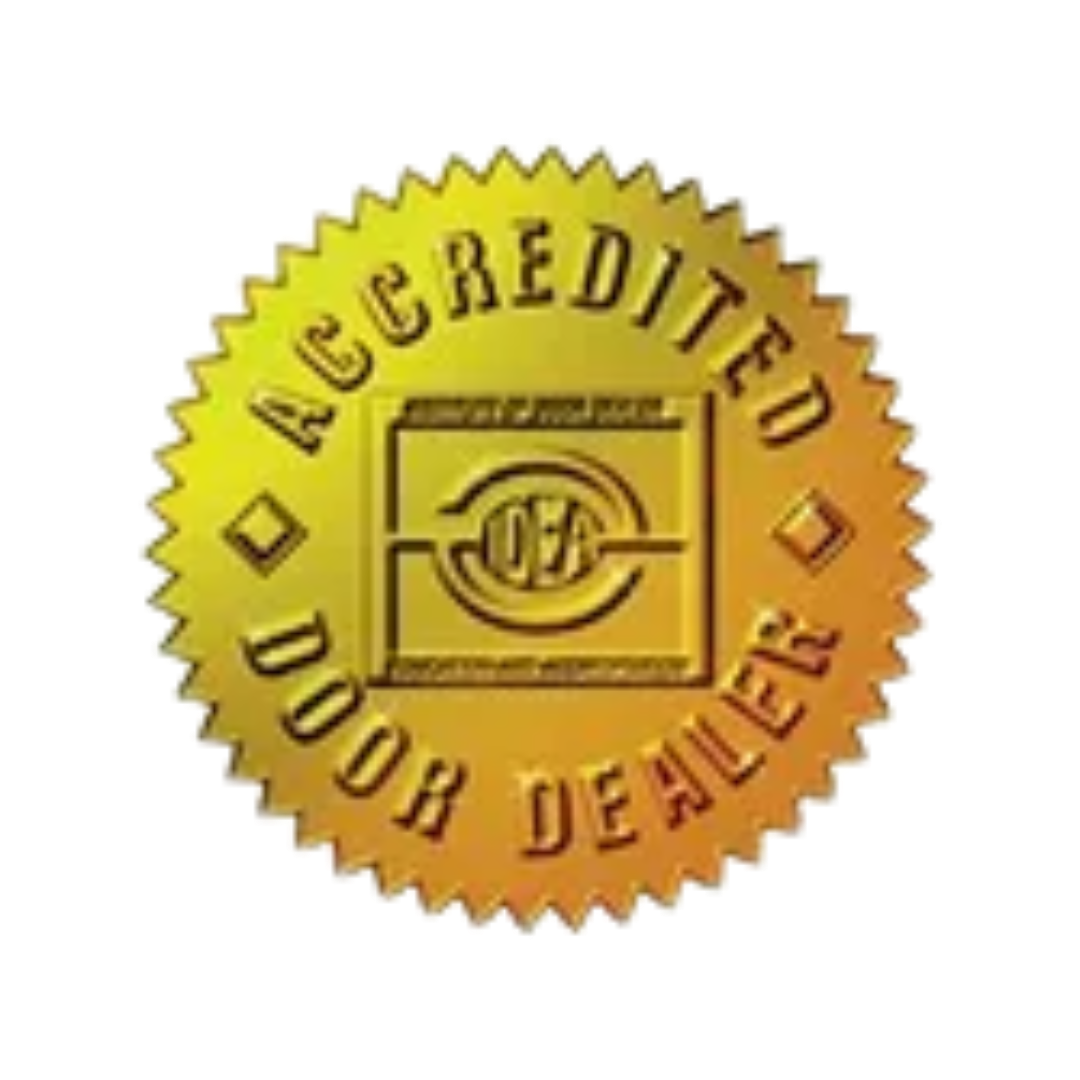Blog Post
4 Common Sources of Garage Door Noises
- By Admin
- •
- 21 Nov, 2018
Automatic garage doors have become such a commonplace home accessory that many people take them for granted - right up until they stop working correctly, that is. Those who fail to properly maintain their door may soon find themselves in need of expensive repairs. Before your door stops working completely, however, it may start making some unusual sounds.
Wise homeowners can catch developing problems before they grow too severe by paying close attention to the noises their garage door produces. Even relatively minor issues can lead to annoying sounds. This article takes a closer look at four common sources of garage door noises and what you can do to eliminate them.

1. Poor Chain Tension
The lifting power of a garage door comes from the overhead opener, which contains a motor operates through a drive system to the garage door spring. Most garage doors contain one of two types of drive systems: a belt drive or a chain drive. Consumers prize belt drives for their quiet and smooth operation.
Chain drives, by contrast, possess greater strength and longer lifespans. Unfortunately, chain drives also tend to produce more noise than belt drives. In many cases, however, such noise stems from problems with the tension of the chain. Excessive looseness often makes the chain so slack that it slaps and bumps against the doorframe as it moves.
Likewise, a chain drive garage door may create unsavory sounds when over tensioned. In that case, the insufficient looseness produces a strained grinding noise as the chain moves. In either case, a technician can address the unwanted noises by altering the position of the chain's adjustment bolt. Adjustment nuts on the bolt help quiet the noisy chain.
2. Underlubricated Weatherstripping
Virtually all garage doors contain weatherstripping between their panels. Most commonly made from PVC, this weatherstripping ensures that all the joints of your garage door maintain a weathertight seal. Otherwise, things like rain, snow, and pests could easily get into your garage door through the cracks between panels.
Irritating garage door squeaks often stem from underlubricated weatherstripping rubbing together. To eliminate such squeaks, apply a silicone-based lubricant to your door's weatherstripping. Never use petroleum-based lubricants such as WD-40 for this purpose, as they dry out the PVC, reducing flexibility and leading to premature cracking.
3. Underlubricated Rollers
All garage door systems use rollers and tracks to guide the passage of the door as it moves up and down. Metal tracks mount along either side of the garage doorframe. Rollers attach to the door itself, moving along inside of the curved metal tracks. Manufacturers make rollers out of either metal or nylon.
In either case, a series of bearings inside of the roller allow it to move smoothly. These bearings come pre-lubricated, but over time, the lubricant wears out. As the bearings become scratchy and dry, they start to produce harsh squealing or grating sounds as the door moves up and down.
Periodically lubricating your roller bearings should keep such sounds at bay. Silicone lubricant works great for this purpose, as does white lithium grease. Avoid getting lubricant on nylon rollers, as this can lead to premature breakdown. Always use as little lubricant as possible, since excessive amounts attract more dirt and debris that, in turn, cause unwanted friction.
4. Broken Spring
The springs that open and close a garage door remain constantly under tension. As years go on, this tension takes its toll on the metal spring, which grows progressively more strained. Eventually the spring may even break. You'll know when this happens, since a broken spring usually produces an ear-piercing bang.
No amount of lubrication can fix a broken spring. Instead, a professional garage door technician must install a new spring. For more information about how to keep all parts of your garage door working smoothly, please contact St. Louis' garage door experts at Zumwalt Corporation.
Share
Tweet
Share
Mail

For After Hours Commercial Service,
Please Call
314-486-4209
Business Hours:
Monday – Friday: 7:30 a.m. – 4:30 p.m.
Closed on Weekends
Content, including images, displayed on this website is protected by copyright laws. Downloading, republication, retransmission or reproduction of content on this website is strictly prohibited. Terms of Use
| Privacy Policy
^


